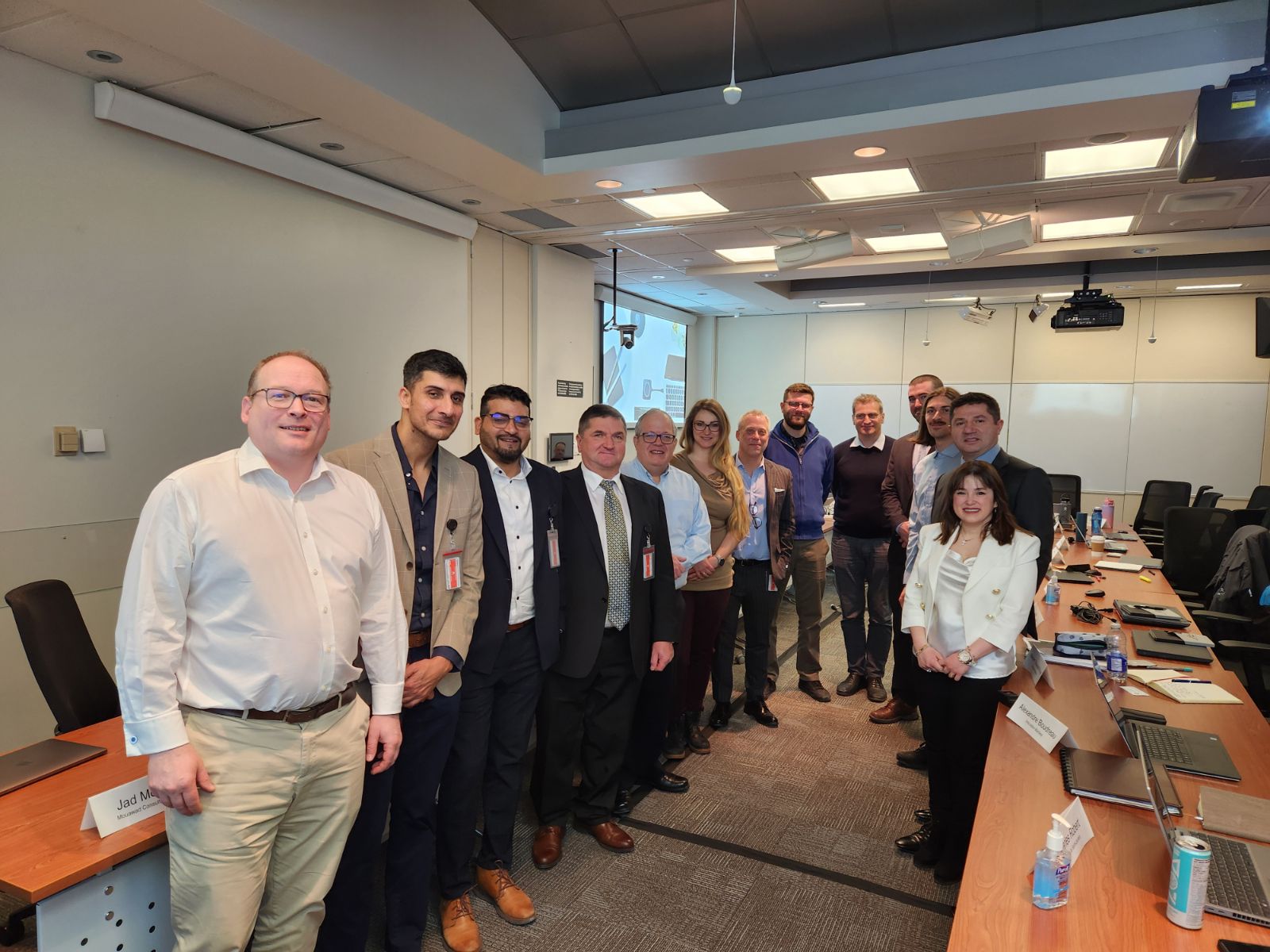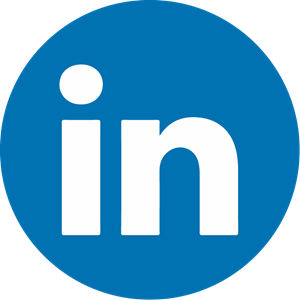Albion specializes in reverse engineering and supply for obsolete electronic and mechanical parts.
Albion Marine saves its clients hundreds of thousands on obsolete printed circuit boards and other electronic and mechanical components. Today’s technology is advancing at a fast pace, but the components within the technology are not always keeping up. Sometimes, shipowners are forced to do unnecessary expensive upgrades. Successful operations must identify, source, and replace an electronic component in a rapidly changing environment. The Albion team conducts Vessel Life Extension Surveys, develops plans and often provides a stable supply of parts and components for older or obsolete equipment.
For more information contact








